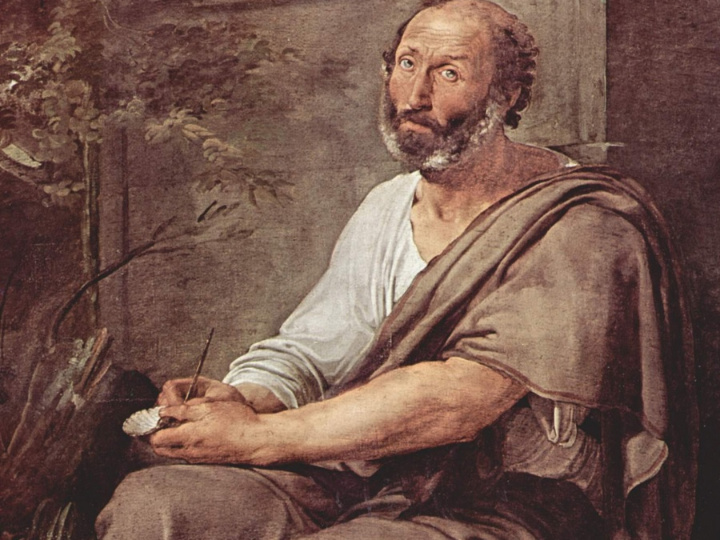In the Nicomachean Ethics, the classic tome on what constitutes the good life, Aristotle says we tend to love three different kinds of things: those that are useful, those that are pleasurable, and those that are good. And he claims that there is a type of friendship that corresponds to each of these three categories.
The first type of friendship is between two people who find each other useful. They may view their relationship as an opportunity for some sort of profit, perhaps financial gain. They might be two forty year-olds investing in a start-up together to make money. A second level of friendship is between two people who find it pleasurable to be together. For example, two twenty-one year-olds who enjoy fun nights out on the town. Aristotle says that while nothing is wrong with these two types of friendships, they are self-oriented and are dependent on what each person gets out of the friendship — profit or pleasure. And when the money or the fun dries up — which it often does — so too does the friendship.
He says the third level of friendship, based on virtue, is the highest and ideal. These friendships are more sustainable because they are based on the goodness we see in each other. Although they are not motivated by the quest for profit or pleasure, they often end up being useful and pleasurable, as well as good. We refer to these friendships as “Aristotelian Friendships.
These “Aristotelian” relationships are based on finding and feeding the goodness we see in each other. We believe this type of relationship is more sustainable because it’s ultimately based on character. And good character, unlike the usefulness or pleasure we get out of a relationship, is more likely to be more stable over time.
So, when you think about your relationship you might want to ask yourself whether profit, pleasure or goodness is driving it.

